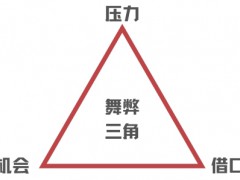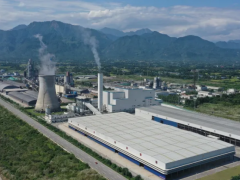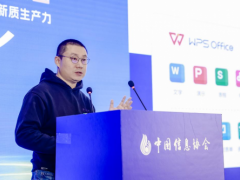据能源经济3月21日消息称,印度和日本同意扩大清洁能源伙伴关系,涵盖电动汽车、电池储存和绿色氢燃料,作为这两个亚洲经济大国净零碳排放路径的枢纽。
“印度和日本认识到有必要探索各种选择,以确保安全和稳定的能源供应,以实现可持续经济增长和应对气候变化的两个目标。他们一致认为,实现低碳经济没有单一的途径,而是每个国家都有不同的途径。”
印度的目标是到2070年实现净零碳排放,而日本则希望到2050年实现这一目标。
联合声明称:“两国正在开发低碳朝阳产业,并利用新技术和商业模式来减少碳排放。这为在清洁和可持续发展领域加强双边合作提供了巨大的潜力。”
两国决定扩大2007年在日印能源对话框架下的合作,包括电动汽车(EV)、电池等存储系统、电动汽车充电基础设施(EVCI)、太阳能光伏电池等太阳能开发、风能、清洁煤技术等。
他们还在绿色氢和氨、液化天然气、生物燃料和战略石油储备方面进行合作。
曹海斌 摘译自 能源经济
原文如下:
India, Japan to collaborate on EVs, hydrogen, battery storage
India and Japan on Saturday agreed to extend clean energy partnership to cover EVs, battery storages and green hydrogen as the two Asian economic powerhouse pivot net zero carbon emission pathways.
"India and Japan acknowledge the need to explore a variety of options to ensure a secure and stable supply of energy for achieving both goals of sustainable economic growth and addressing climate change. They share the view that there is no single pathway to achieve a low-carbon economy, but rather there are different paths for each country," it said.
While India is targeting net zero-carbon emission by the year 2070, Japan is looking to achieve the target by 2050.
"Both countries are tapping into low-carbon sunrise sectors and exploiting new technologies and business models to reduce carbon emissions," the joint statement said. "This offers immense potential to enhance bilateral cooperation in the area of clean and sustainable development."
The two nations agreed to expand the 2007 cooperation under the Japan-India Energy Dialogue to include Electric Vehicles (EV), storage systems including batteries, electric vehicle charging infrastructure (EVCI), development of solar energy including solar PV cells, wind energy and clean coal technologies.
They also collaborate on green hydrogen and ammonia, LNG, biofuels and strategic oil reserves.
免责声明:本网转载自其它媒体的文章及图片,目的在于弘扬石化精神,传递更多石化信息,宣传国家石化产业政策,展示国家石化产业形象,参与国际石化产业舆论竞争,提高国际石化产业话语权,并不代表本网赞同其观点和对其真实性负责,在此我们谨向原作者和原媒体致以崇高敬意。如果您认为本站文章及图片侵犯了您的版权,请与我们联系,我们将第一时间删除。







